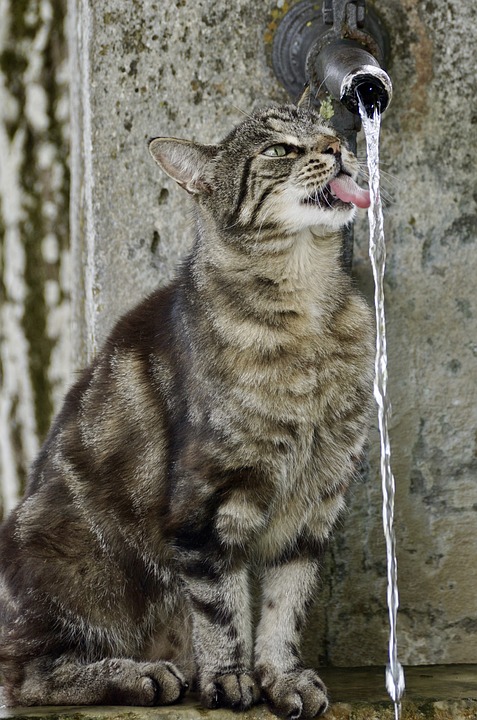Fleas, ticks, and worms are common parasites that can affect cats and cause various health issues. Understanding and combating these parasites is crucial in keeping your feline friend healthy and happy. In this article, we will discuss the prevalence of these parasites, their impact on cats, and effective prevention and treatment methods.
Parasites are a common problem in cats, especially those that spend time outdoors or come into contact with other animals. Fleas, ticks, and worms can cause a range of health issues, from mild irritation to more serious diseases. Regular parasite prevention and treatment are essential to protect your cat’s health and well-being.
First, let’s delve into the trouble with fleas. Fleas are small insects that feed on the blood of animals, including cats. They have a rapid life cycle, with adult fleas laying eggs that can hatch in as little as two days. Fleas can cause intense itching and discomfort for cats, leading to scratching, hair loss, and skin infections. In addition, fleas can transmit diseases and parasites, such as tapeworms, to cats. To prevent and treat flea infestations, there are various effective methods available, including topical treatments and oral medications.
Ticks are another common parasite that can harm cats. These arachnids attach themselves to the skin of animals, including cats, and feed on their blood. Ticks can transmit serious diseases, such as Lyme disease and anaplasmosis, to cats. It is essential to regularly check your cat for ticks, especially if they spend time outdoors. If you find a tick on your cat, it is important to remove it carefully to avoid leaving the mouthparts embedded in the skin. Preventive measures against ticks include spot-on treatments and tick collars.
Internal parasites, commonly known as worms, can also affect cats. The most common types of worms in cats are roundworms and tapeworms. Worm infestations can cause symptoms such as weight loss, diarrhea, and a dull coat. In severe cases, worms can lead to more serious health complications. Treatment options for worm infestations include deworming medications prescribed by a veterinarian. Regular deworming and preventive measures, such as keeping your cat’s environment clean, can help reduce the risk of worm infestations.
To address common questions about parasites in cats, we have included a FAQ section. It covers topics such as the frequency of flea and tick treatment, whether indoor cats can get fleas or ticks, natural remedies for prevention, the recommended frequency of deworming, the use of over-the-counter deworming medications, and potential side effects of parasite prevention and treatment.
In conclusion, dealing with fleas, ticks, and worms is essential for the health and well-being of your feline friend. Regular parasite prevention and treatment, combined with proper veterinary care, are key in keeping your cat parasite-free. By maintaining a parasite-free environment and implementing preventive measures, you can ensure a healthy and happy life for your beloved cat.








